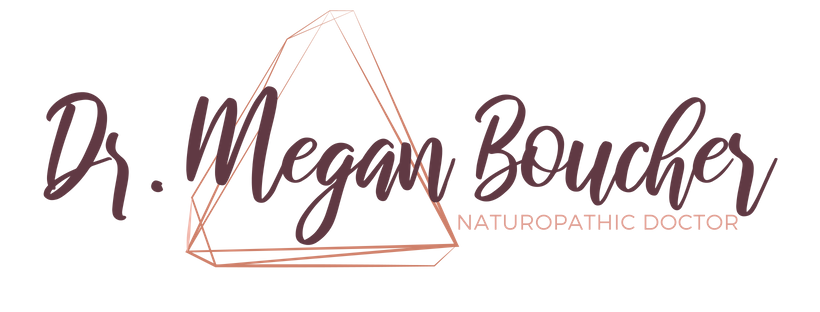What is Hashimoto’s Thyroiditis?
Hashimoto’s is an autoimmune condition that causes the thyroid gland to be “attacked” by auto-antibodies. What this means is that the body produces an immune response against certain cells or components of the thyroid. This leads to destruction of the thyroid, and subsequent hypothyroidism.
There are two antibodies that are associated with Hashimoto’s
- Anti-Thyroperoxidase or Anti-Thyroid Peroxidase (anti-TPO): This is an antibody against the enzyme responsible for the production of thyroid hormone. Thyroperoxidase (TPO) enzyme is needed to oxidize iodine, allowing it to bind with tyrosine to form T4 and T3.
- Anti-Thyroglobulin (anti-TG): This is an antibody produced against the “building block” of thyroid hormone (thyroglobulin). Thyroglobulin (TG) is the protein produced by the thyroid gland and acts as the precursor to T4 and T3.
Diagnosing Hashimoto’s
Hashimoto’s is diagnosed through a blood test that assesses for the presence of these antibodies. The presence of anti-TG without anti-TPO is not sufficient for a diagnosis of Hashimoto’s.
Anti-TG is not often tested due to its low specificity and sensitivity in Hashimoto’s patients. One study conducted on over 2000 Hashimoto’s patients found that only 36% of patients were positive for anti-TG, while 99% were positive for anti-TPO.
In order for Hashimoto’s to be diagnosed, anti-TPO must be above a certain level. If anti-TPO is detected at a low level, this may increase the risk of developing Hashimoto’s in the future. Often, anti-TPO levels may be high despite a normal thyroid panel (TSH, T4 and T3). This makes it challenging to diagnose, as symptoms may not be present until thyroid hormone production is impacted enough to affect the ability to continue to produce sufficient amounts.
What Causes Hashimoto’s?
The cause of many autoimmune conditions is largely unknown. In some, such as Hashimoto’s, there is a genetic component. This means that if you have a relative with Hashimoto’s, it increases your chances of also developing it. Autoimmune conditions have also been associated with chronic viral infections, chronic inflammation, disturbances in the gut microbiota, and certain vitamin and nutrient deficiencies.
Hashimoto’s is the most common cause of hypothyroidism – in fact, approximately 80-90% of cases are caused by this autoimmune condition! It is also a lot more common in women than in men (us women are very complex creatures). If you have been diagnosed with hypothyroidism, but do not feel as if your symptoms are well managed despite treatment, make sure to ask about being tested for Hashimoto’s!
So What Do We Do?
Treating Hashimoto’s looks a little different from treating primary hypothyroidism (from a Naturopathic perspective). Conventionally, the treatment is often the same as in primary hypothyroidism – Levothyroxine or Synthroid. However, my treatments will involve a lot of dietary support, a focus on managing inflammation, targeted nutrients, and immune regulation. Stay tuned for a more in-depth review of what the research is finding to be the most effective strategies!

